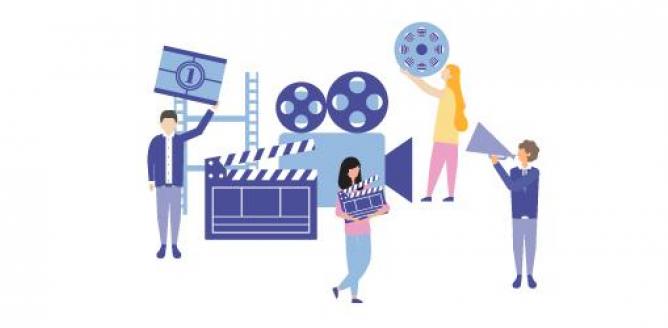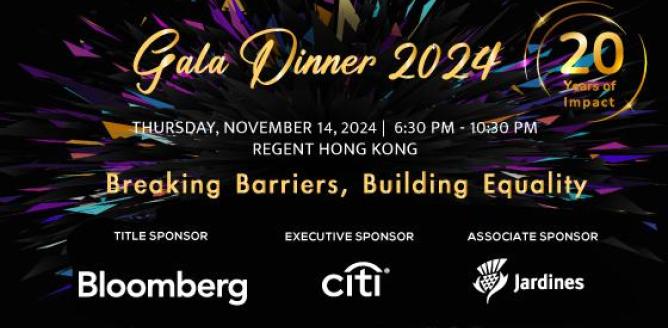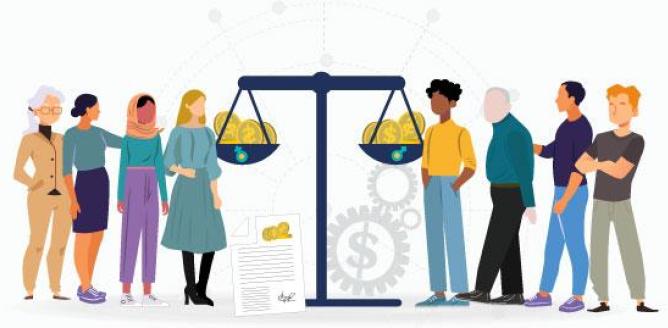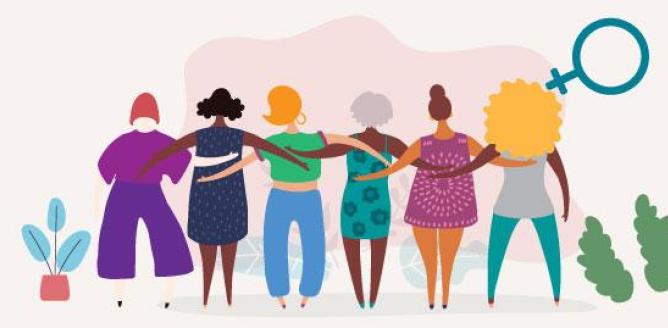“Culture does not make people. People make culture. If it is true that the full humanity of women is not our culture, then we can and must make it our culture.” Chimamanda Ngozi Adichie, Nigerian author
Last week, the actress Awkwafina made history by becoming the first Asian American woman to win a Best Actress Golden Globe. Hollywood rightfully celebrated this milestone, but it was a small victory in the face of pervasive under-representation of women at the top of the movie industry. Despite a year full of acclaimed, female directed films, not a single woman was nominated in the Best Director category for either the Golden Globes or the Oscars, unveiled on Monday.
Historically, the Golden Globes and the Oscars have failed to acknowledge female directorial talent. Only four female directors have ever been nominated in the Golden Globes’ 77-year history, and only one has ever won: Barbra Streisand for Yentl in 1983. The Oscars have only nominated five women directors in 91 years, with Kathryn Bigelow the sole woman to have won the Best Director award, for The Hurt Locker in 2009 – demonstrating the movie industry's entrenched gender role gap.
While Hollywood needs to take bold steps towards achieving gender equality, recently released movie Bombshell tells the story of women speaking out to change the status quo. It is based on the real-life, high-profile #MeToo case of Fox News CEO Roger Ailes, who was brought down by allegations of sexual harassment by multiple women. The award-winning movie was released just weeks before the long-awaited trial of Hollywood producer Harvey Weinstein, which opened in New York earlier this month.
Weinstein, his lawyers and prosecutors have been wrangling in the courtroom about the jury selection, while more than 100 women staged a protest outside the courthouse, singing the viral anti-rape song - “A Rapist in Your Path”. They chanted: “The rapist is you. It’s the cops, it’s the judges, the state, the president, the oppressive state is the rapist.” The outcome of his trial will set a precedence for other powerful abusers being brought to account.
In Hong Kong, TWF is committed to supporting the updates to sexual violence laws, as proposed by the Hong Kong Law Reform Commission. Last December, the Commission proposed 70 wide ranging changes that are desperately needed to bring legal protection for victims of sexual violence into the 21st century: from ensuring stronger protections for sexual minorities, minors and other vulnerable individuals, to expanding the definition of “rape” and including non-consensual upskirting photography as an offence.
These reforms are long overdue. We strongly urge the Government to adopt the recommendations, draft a bill and vote it into law. The safety and dignity of our residents, particularly women and girls who comprise the majority of sexual violence victims, depend on this.
At the heart of these issues – under-representation in the movie industry, justice for Weinstein’s victims, and the need to vote these HKLRC recommendations into law –is the idea that women’s lives and lived experiences are not valued equally, and their stories are not perceived as universal while men’s stories, lives and lived experiences are. Shifting this mindset is crucial.
Join us in helping to diversify narratives, strengthen protections and value the lived experiences of all.
Get in touch Fiona.Nott@twfhk.org





















